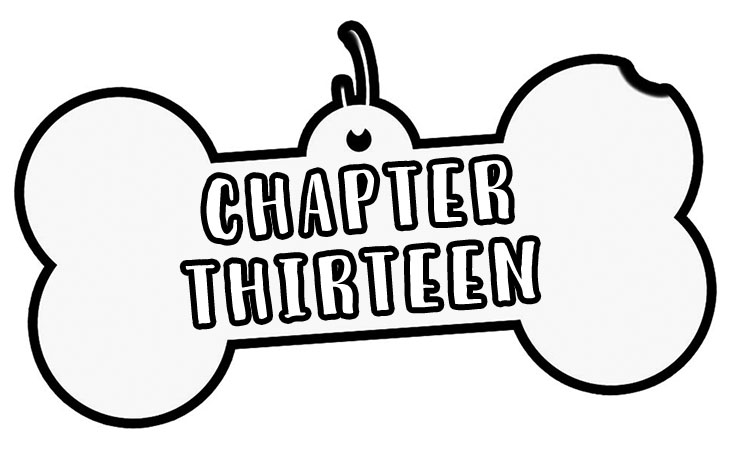

“Poisoned?”
The two public detectives spoke the word at the same time as they turned to stare at me.
“Of course,” I said, wrinkling my nose at the smell. “Don’t you detect the scent of almonds around the body?”
Bones sniffed the air and then nodded in agreement. The public detectives sniffed the air but then only looked puzzled.
“Yes,” I said, “almonds. And unless this man had some kind of bizarre almond habit, I’d say he was given cyanide. One of the characteristics of cyanide poisoning is the scent of almonds. The foaming at the mouth is a bit of a dead giveaway too.”
“I knew I was right to select you as my partner,” Bones said, and it was impossible to tell from his smile whether he was more pleased with me or with himself.
I was about to object to his words—he selected me? and, “partner” again?—when he added, “You know, we two are somewhat alike in our strengths, are we not? For what is a great doctor—a surgeon, no less!—but a detective of the human body. You are presented with mysteries of a medical nature, and you solve them.”
Despite my reservations where the dog was concerned, I couldn’t help but be flattered at this. My own family had never recognized my strengths so accurately.
“What can you tell me about the victim?” Bones asked Inspector Strange. “Have you identified the body?”
“Well, it’s a man,” Inspector Strange started.
Now it was my turn to roll my eyes.
“Yes, but a name would be a better place to start,” Bones said. “If you don’t have one, I’m sure I can find out.”
“No, that’s quite all right,” Inspector Strange said. “He had I.D. in his back pocket.”
“And?” Bones prompted.
Inspector Strange said the name. It was one of those particularly confusing human names, a German one from the sound of it, Something Drebber or Drebber Something, I forget which.
“Everyone OK if we just refer to him as John Smith from here on in?” I interrupted.
The others looked surprised but then shrugged. At least no one objected. Well, I thought it was a good suggestion.
“After you found the identifying papers,” Bones asked, “did you look in any of, er, John Smith’s other pockets?”
Inspector Strange and Inspector No One Very Important looked dumbfounded.
“Perhaps,” Bones prompted, “you’d care to do so now?”
“Oh. Right!” Inspector Strange said. He pointed toward the body, indicating that Inspector No One Very Important should do the search. Good. If the man wasn’t going to talk, he might as well contribute by doing something useful.
Inspector No One Very Important’s search of the remaining pockets yielded a half-empty pack of gum, a torn stub from the theater, a wallet that still had plenty of cash in it—causing Bones to conclude that the motive was not robbery—and lots of lint. Oh, and also a document indicating that John Smith had been traveling in the country with his secretary, some other man whose name I didn’t immediately get. I was about to suggest that we just call this other man John Smith, but then realized how that might get confusing.
“Curiouser and curiouser,” Bones said. “He also has two letters—one addressed to him and one to the secretary—and some jewelry, a book with the secretary’s name in it, and tickets home to his own country.”
“I agree,” I said, “that is all curious—not to mention, the man has some very crowded pockets. Does the theatre stub say which performance he saw?”
“Yes,” Bones said, considering, “but that’s neither here nor there. After all, we do have a motive.”
“We do?”
The three of us regarded the dog.
“Or, at least, the murderer wants us to think it’s the motive.” Bones shrugged. “It’s revenge.”
“How,” I said, “do you know that?”
What was the dog talking about?
“I know it because it says it right there.” Bones pointed at the far wall. “Don’t you see? It’s written on the wall, plain as day.”